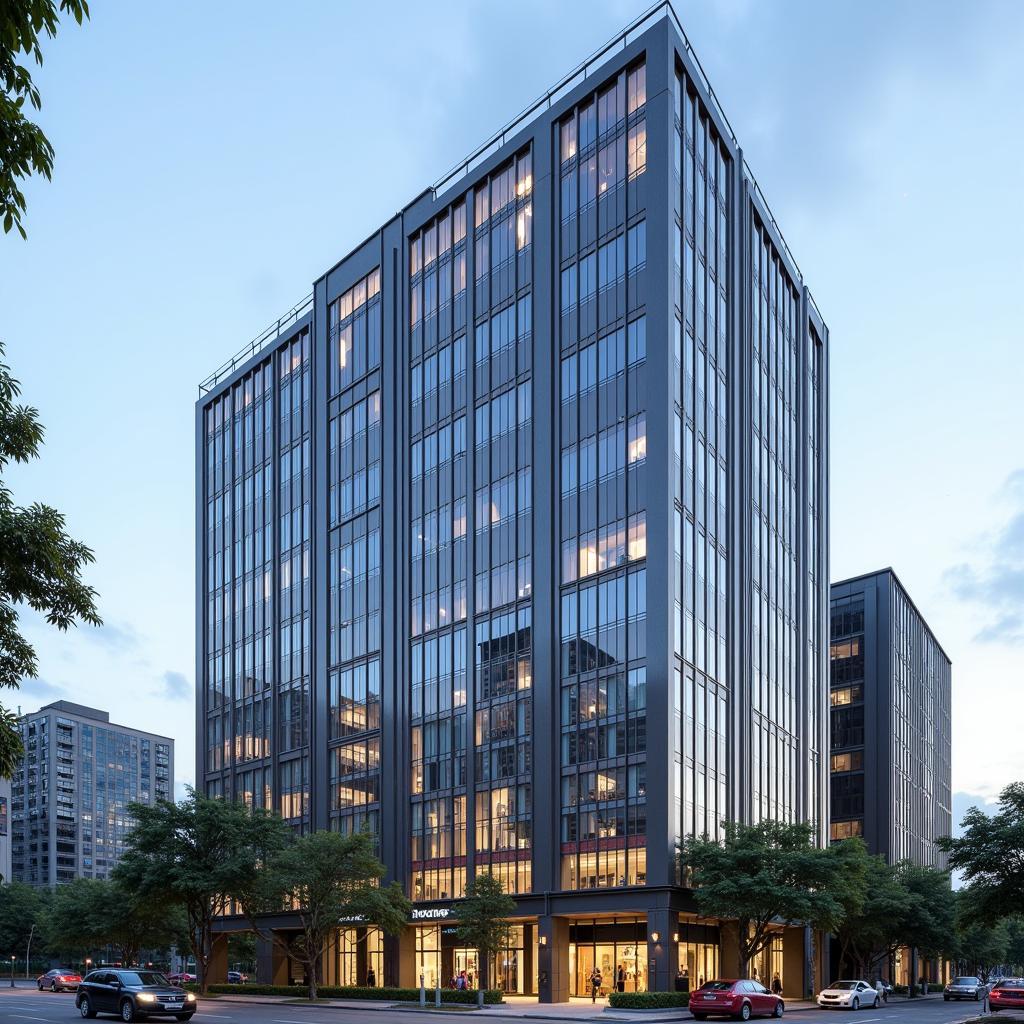African American Banks: A Legacy of Empowerment and Financial Inclusion
African American Banks have played, and continue to play, a crucial role in the economic empowerment of Black communities across the United States. These institutions emerged as a response to systemic discrimination and financial exclusion faced by African Americans, offering a lifeline for individuals and businesses denied access to traditional banking services. Their history is rich with stories of resilience, innovation, and community upliftment.
The need for African American banks arose from the pervasive racism that permeated the financial landscape. Denied loans, mortgages, and other essential financial services, Black Americans were effectively locked out of the mainstream economy. This led to the establishment of the first Black-owned banks in the late 19th and early 20th centuries. These institutions provided a safe haven for savings, access to capital for businesses, and opportunities for homeownership, fostering economic growth within Black communities.
The Rise of Black-Owned Financial Institutions
These early African American banks were more than just financial institutions; they were pillars of the community, supporting Black businesses, churches, and schools. They helped create a sense of economic self-sufficiency and provided a platform for Black entrepreneurship to thrive.
One of the early examples is the True Reformers Bank, founded in 1889 in Richmond, Virginia. It rapidly grew into a major force, offering various financial services and demonstrating the viability of Black-owned banks. You can learn more about the history of discrimination against African Americans, including in areas like housing, at African American Housing Discrimination.
 African American Bank Tellers in the Early 1900s
African American Bank Tellers in the Early 1900s
Overcoming Challenges and Building a Legacy
Despite facing numerous obstacles, including discriminatory practices and economic downturns, African American banks persevered. They played a crucial role during the Civil Rights Movement, providing financial support to activists and organizations fighting for equality. Their resilience and commitment to community development have left an indelible mark on the American financial landscape.
What are the core values driving these institutions? These banks prioritize community development, financial literacy, and providing personalized services tailored to the needs of their customers. They are dedicated to bridging the wealth gap and empowering Black individuals and families to achieve financial success.
African American Banks in the 21st Century
Today, African American banks continue to serve as vital resources for Black communities. They provide access to capital for small businesses, offer financial education programs, and work to promote financial inclusion. While the landscape has evolved, their mission remains the same: to empower Black communities and create economic opportunities. You can explore the story of African American homesteaders who built successful lives despite adversity at African American Homesteaders.
How do these banks contribute to economic growth?
African American banks contribute to economic growth by providing access to capital, fostering entrepreneurship, and creating jobs within Black communities. They also play a critical role in promoting financial literacy and empowering individuals to build wealth.
“African American banks represent a legacy of resilience and a commitment to financial empowerment. They are essential partners in building a more equitable and inclusive economy,” says Dr. Angela Davis, a renowned economist specializing in community development.
The Future of African American Banking
The future of African American banks lies in innovation and adaptation. By embracing technology and developing new financial products and services, they can continue to meet the evolving needs of their communities. More information regarding African banks can be found at African Bank George. You may also find this article interesting about African American WWE Superstars Belfast 2016 Show. Learn about the cost of rhinoplasty tailored to African American features here: About African American Rhinoplasty Cost.
“The next generation of African American banks must be at the forefront of financial innovation, leveraging technology to reach new customers and provide cutting-edge services,” adds Mr. James Washington, CEO of a prominent African American bank.
African American banks are more than just financial institutions; they are pillars of their communities, providing vital resources and empowering individuals and businesses to thrive. Their continued success is essential for building a more equitable and inclusive economy.
FAQ
- What was the first African American bank? (The first African American bank is generally considered to be the Capital Savings Bank of Washington, D.C., founded in 1888.)
- Why were African American banks created? (They were established due to the discrimination Black Americans faced in accessing financial services from mainstream banks.)
- What role do African American banks play today? (They continue to provide access to capital, financial education, and community development initiatives within Black communities.)
- How can I find an African American bank near me? (Several online directories list African American banks and credit unions across the country.)
- What is the difference between an African American bank and a traditional bank? (African American banks have a historical focus on serving the needs of the Black community and often prioritize community development initiatives.)
- How do African American banks contribute to closing the racial wealth gap? (They provide resources and opportunities for Black individuals and businesses to build wealth and achieve financial stability.)
- Are African American banks only for Black customers? (While they have historically served Black communities, many are open to customers of all backgrounds.)
When you need assistance, don’t hesitate to contact us. Call us at +255768904061, email us at [email protected], or visit our office at Mbarali DC Mawindi, Kangaga, Tanzania. We have a 24/7 customer support team ready to help you.

